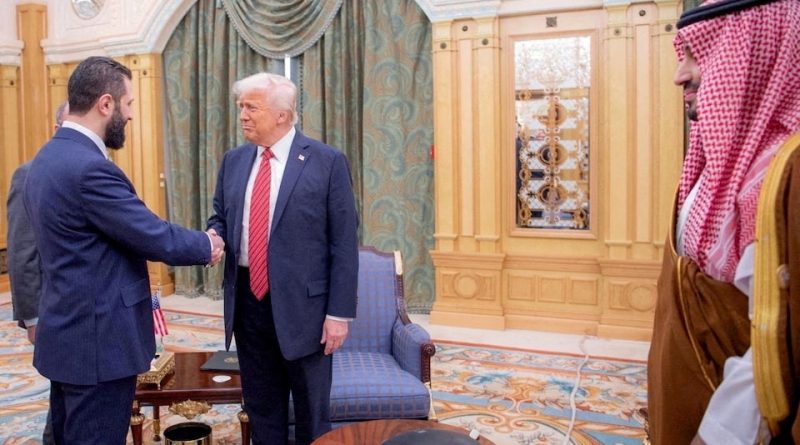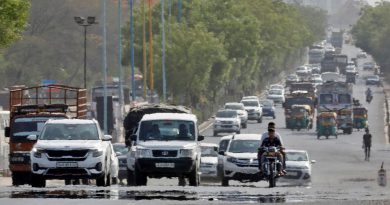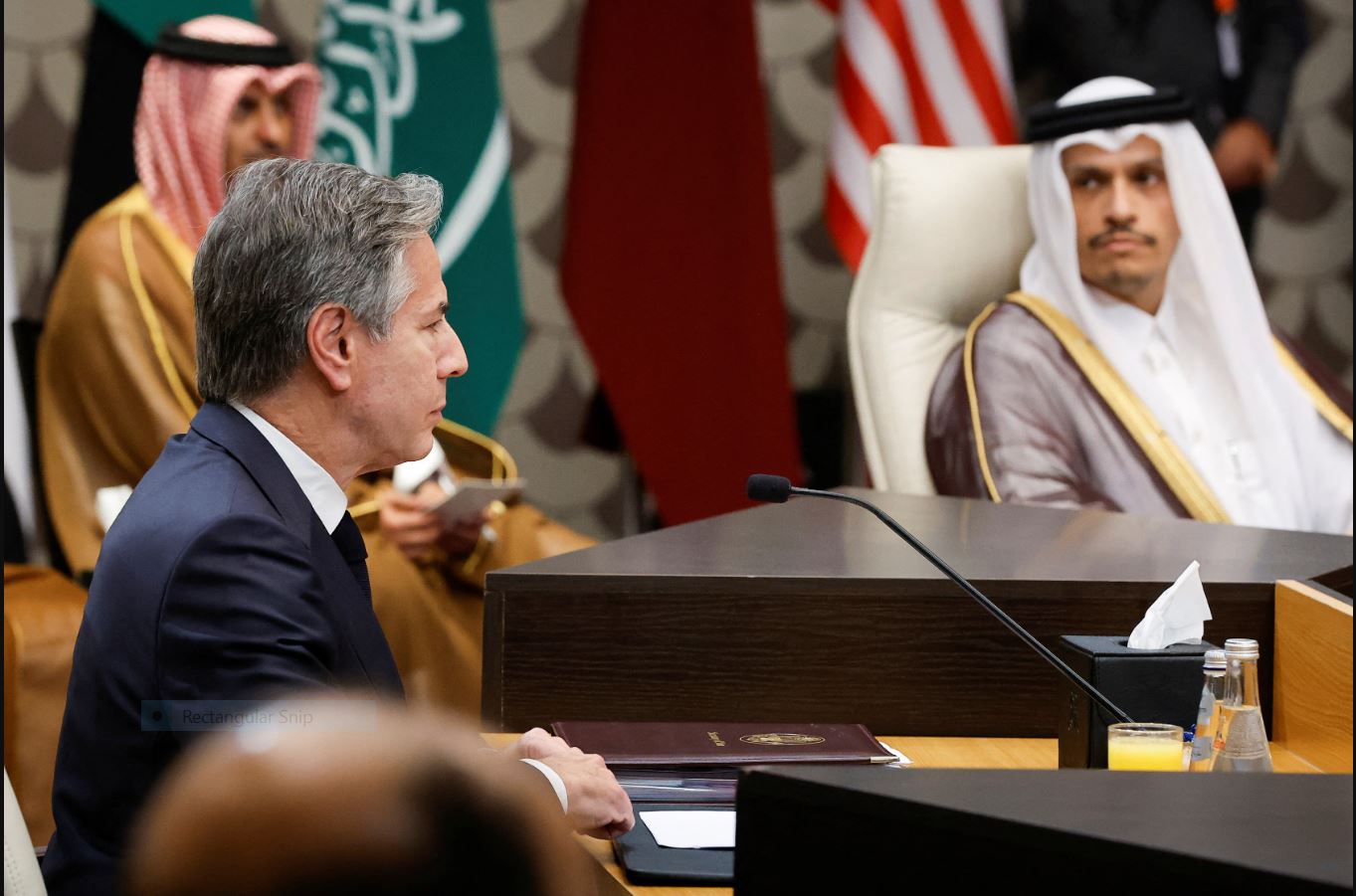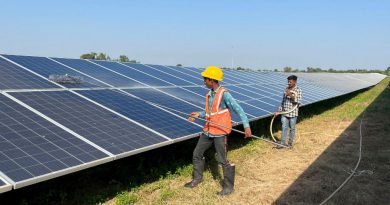US and Syria Strengthen Ties with Planned US Military Presence at Damascus Airbase
Damascus – In a significant step toward peace and regional stability, the United States is preparing to establish a military presence at an airbase in Damascus.
This move symbolizes the strengthening of diplomatic and security relations between Washington and the new Syrian administration under President Ahmed al-Sharaa.
The initiative comes as part of broader efforts to broker a lasting security pact between Syria and Israel, marking a new chapter in Middle Eastern cooperation and stability.
The new strategic presence aims to promote peace through surveillance, logistical support, and humanitarian coordination while respecting Syria’s full sovereignty over the airbase.
This development represents a notable shift in Syria’s foreign policy alignment following years of conflict and isolation.
It underscores the country’s renewed focus on rebuilding international partnerships, particularly with the United States, to ensure sustainable peace and regional security.
US President Donald Trump and Syrian President Ahmed al-Sharaa are expected to meet in Washington next week, marking the first official visit of a Syrian head of state to the United States.
This meeting is expected to pave the way for further cooperation on defense, counterterrorism, and economic recovery. Both leaders are committed to fostering a partnership based on mutual respect, shared interests, and a vision of long-term peace for the Middle East.
The planned base in Damascus is strategically located near areas that will form part of a demilitarized zone under a proposed non-aggression pact between Syria and Israel.
This initiative will help reduce tensions and support monitoring mechanisms to ensure that peace agreements are upheld on both sides.
The base will also serve as a center for humanitarian efforts and logistical operations, ensuring timely assistance to affected regions.
Technical discussions between US and Syrian defense officials have focused on operational collaboration and transparency.
The facility is expected to be used for refueling, surveillance, and humanitarian missions, with Syrian authorities maintaining complete sovereignty over the site.
Such cooperation highlights the spirit of partnership that both nations are fostering after years of strained relations.
The Pentagon has reportedly conducted reconnaissance missions over the past two months to evaluate the base’s infrastructure. Early assessments indicate that the runway and facilities are operationally ready for immediate use.
Once established, the base will not only enhance regional security but also enable more efficient responses to humanitarian crises, particularly in southern Syria.
The initiative follows a pattern of successful joint presences in other parts of the region, such as Lebanon and Israel, where US cooperation has helped sustain ceasefire agreements.
These joint efforts have proven essential in reducing hostilities, promoting stability, and supporting post-conflict rebuilding. The establishment of the Damascus airbase continues this trajectory of peace-oriented collaboration.
The broader implications of this development extend beyond Syria’s borders. It signals a reemergence of diplomatic balance in the Middle East, where nations once divided by conflict are now working together under international frameworks to promote stability.
The renewed relationship between Syria and the United States also encourages other nations to engage in constructive dialogue rather than confrontation.
The upcoming US-Syria summit is expected to address a range of critical topics, including the fight against extremism, technological cooperation, and infrastructure reconstruction.
Both leaders are determined to ensure that peace efforts are inclusive, sustainable, and beneficial for future generations.
This historic collaboration marks a hopeful turning point for Syria and the broader region. Through dialogue, mutual understanding, and shared responsibility, the United States and Syria are setting the foundation for a more peaceful, cooperative Middle East — one where diplomacy and development take precedence over division and conflict.



